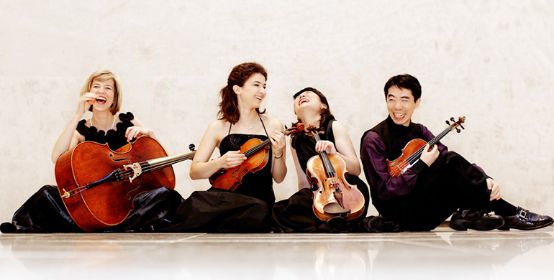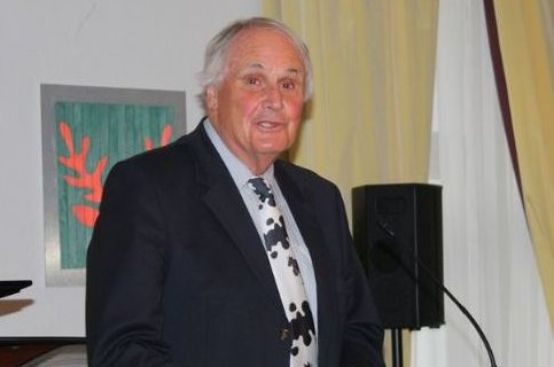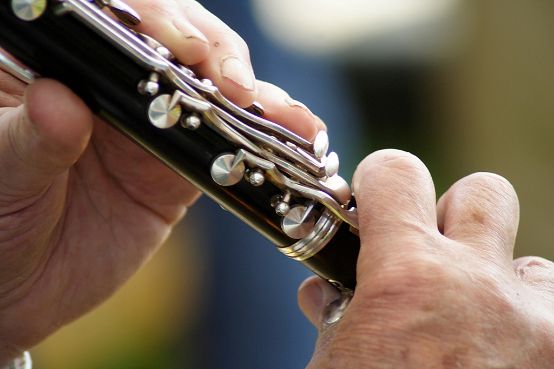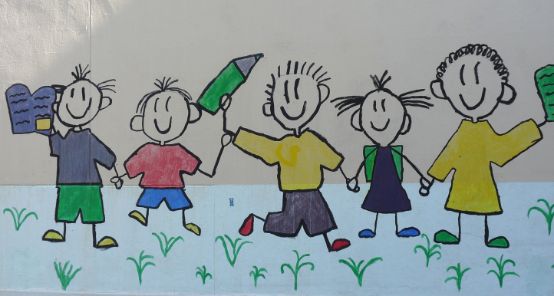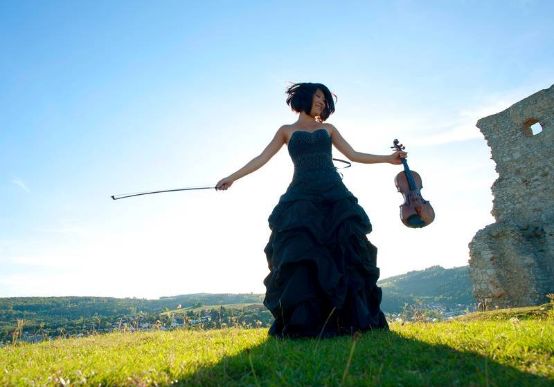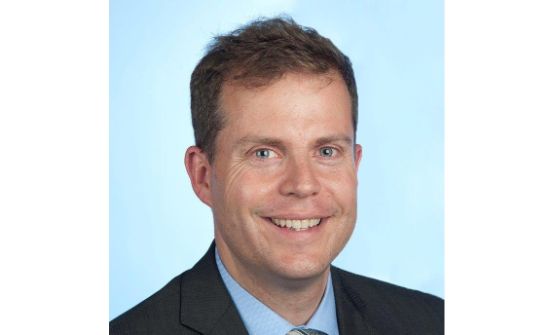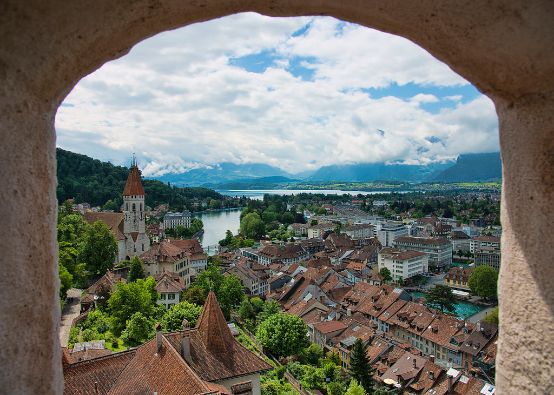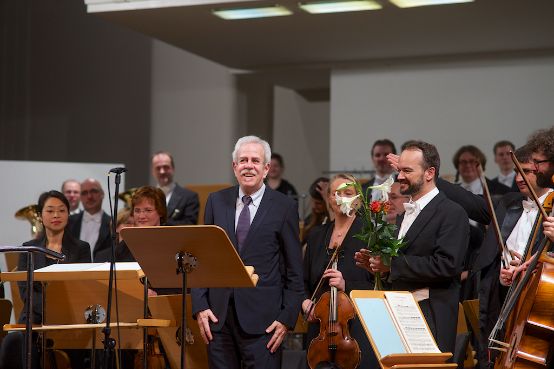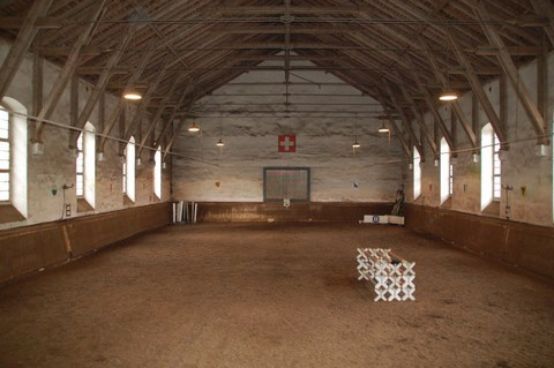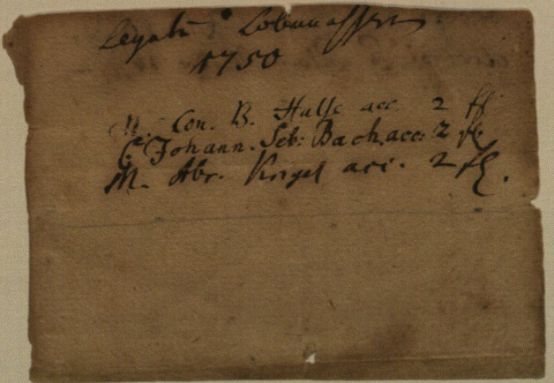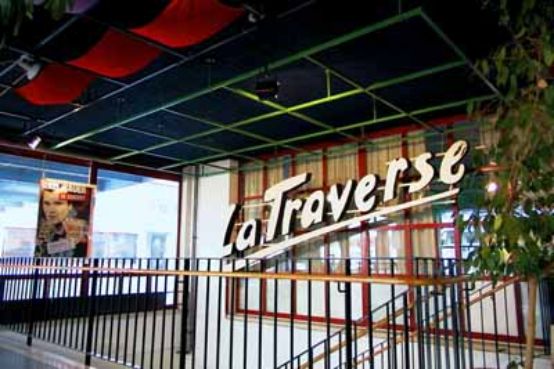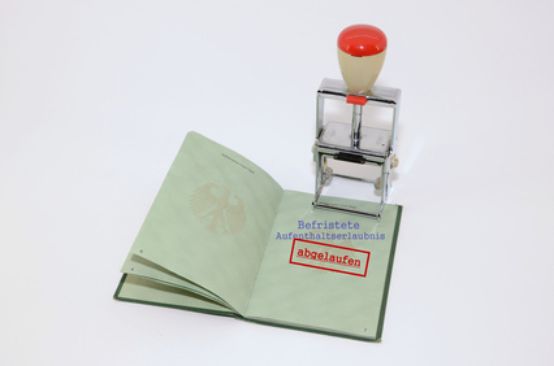The title Delaram is Persian and is made up of "del" for heart and "aram" for calm. Alfred Felder (*1950 in Lucerne) has repeatedly studied texts by the Persian-Islamic mystic Jelaluddin Rumi - from the oratorio âtesh, the violin concerto open secret to the work for baritone, choir and orchestra Khamushwhich was premiered at the Tonhalle Zurich in 2012. This is a new version that transforms the work from oratorio to symphony. Delaramwhich was commissioned by the Brandenburg State Orchestra Frankfurt. The new work dispenses with the choir; what remains is the text, its setting and visualization by the solo voice and the intention of the whole as a requiem without Dies irae and without death as a vision of horror.
The word "visualization" has been carefully chosen and is problematic at the same time. "Look at me! I am your companion in the grave!" This is how Rumi's Ghasel 491 begins - in the composer's translation. The baritone voice makes the call of God resound sonorously and his greeting "salam" is underlined by the orchestra with a full, radiant sound. Robert Koller, the baritone at the world premiere on Friday, February 13, 2015, fills out this grand gesture admirably with his pithy, warm voice. And when the soloist even conjures up the "intoxication of love" in the grave and the music begins to circle in a frenzy, he appears as a figure on the podium with an almost operatic vitality.
Almost: because everything is actually quite different. Not only with the admonition "Do not seek me in human form!" does Felder's music have its own specific weight, despite all its colourfulness, violent outbursts and rhythmic energy: this voice sounds dematerialized, mystical. Although very present and surrounded by the sensual sound of the orchestra, it is - how does the composer manage this? - a voice from the other side. Koller has the wide-ranging, touching vocal possibilities for this: the quietly held low, mysterious tones, the ethereal falsetto in "Oh strange night!".
But the instrumental events are also imbued with a "knowledge" that would be mere assertion in the text alone. What would the verse "Never were you apart from me!" be without the bassoon solo? The orchestral means at Felder's disposal are extremely varied. Lyrically monologuing solos and spherical sounds are just as much a part of it as powerful clusters of sound, complex rhythms and passages of dissolving cohesion. Conductor Zsolt Hamar was obviously the right man for the "calm heart" that emerges at the end as the quintessence of the experience negotiated in Ghasel, with his calm competence and clear gestures that were to a certain extent inviting to the musicians.
The fact that the Brandenburg State Orchestra is an orchestra of independent expressiveness was also evident in the two works that framed the premiere. The motto of the program was "Music and Transcendence". The Sinfonia sacra by the Polish composer Andrzej Panufnik (1914-1991) at the beginning of the concert naturally fitted in with this theme, as did the work by the Russian Alexander Scriabin. Scriabin's Symphony No. 2 was already related to his idea of an art-religious Gesamtkunstwerk, a "mystery", which was to be performed in seven consecutive days in the Himalayas and which he believed would transform humanity. Exciting references and contrasts arose not only thematically, but also in the purely musical circumstances, and the clever concept was followed by the realization, which, under Hamar's energetic and enthusiastic direction, led figuratively speaking to the Himalayas with the finale of the Scriabin Symphony.
More from Herbert Büttiker on Felder's works on: www.roccosound.ch







